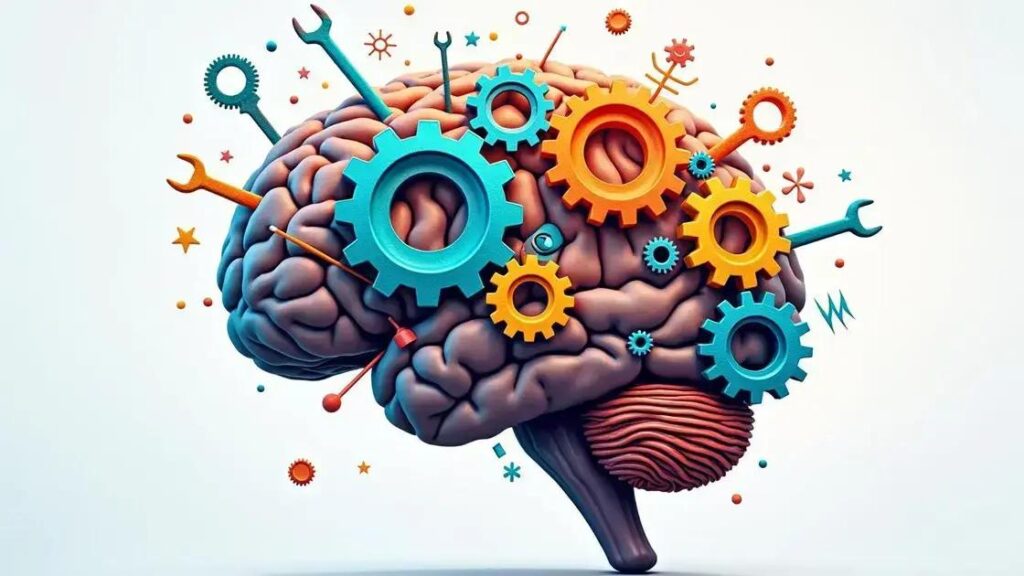Learning a new skill greatly benefits mental agility by enhancing cognitive flexibility, memory, and problem-solving abilities. Engaging in activities like language learning, playing an instrument, or participating in strategy games can promote brain health and even delay cognitive decline. Setting clear goals, practicing regularly, and tracking progress are key strategies for successful skill acquisition.
Learning a new skill can significantly enhance your mental agility. As we dive deeper into the benefits of developing new abilities, your cognitive flexibility may improve, allowing you to tackle challenges with greater ease. This article will explore how learning enhances mental agility, the various skills that can aid cognitive function, and practical tips to kickstart your learning journey.
Understanding Mental Agility
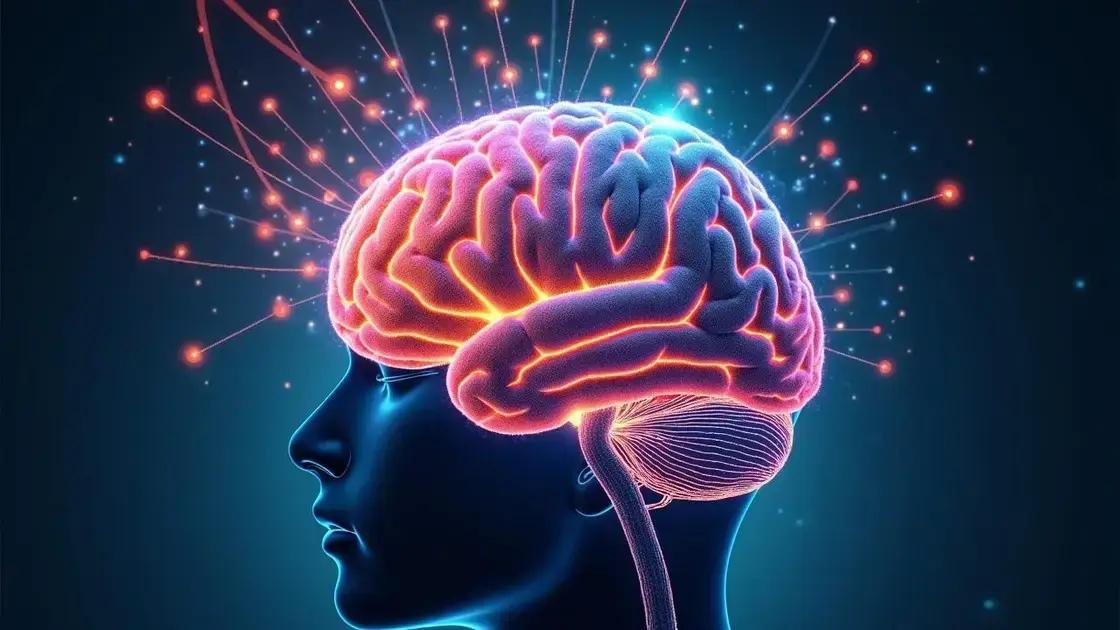
Mental agility refers to the ability to think and understand quickly. It involves processing information efficiently and being open to new ideas. When we say someone is mentally agile, we mean they can adapt their thinking and problem-solving strategies based on the situation.
Importance of Mental Agility
Mental agility plays a crucial role in everyday life. It helps us make decisions faster and react better to unexpected events. For example, imagine a basketball player making split-second decisions on the court. Their ability to think on their feet is a form of mental agility.
Factors Affecting Mental Agility
Several factors can influence mental agility. Age is one of them, as our brains may slow down over time. However, engaging in activities that challenge our brains can help maintain and improve mental agility. Stress levels, overall health, and emotional well-being also play a significant role.
Learning New Skills to Enhance Mental Agility
Learning a new skill can stimulate mental activity. It encourages the brain to create new pathways, which can improve overall cognitive function. Activities like playing a musical instrument or learning a new language are great examples. They challenge the brain in unique ways, expanding mental capacity and flexibility.
How Mental Agility Translates to Everyday Life
Having good mental agility can lead to better job performance, improved relationships, and even enlightenment in personal hobbies. It enhances your ability to prioritize tasks, make sound judgments, and resolve conflicts effectively. In short, a sharp mind makes daily living easier and more enjoyable.
How New Skills Impact Brain Health
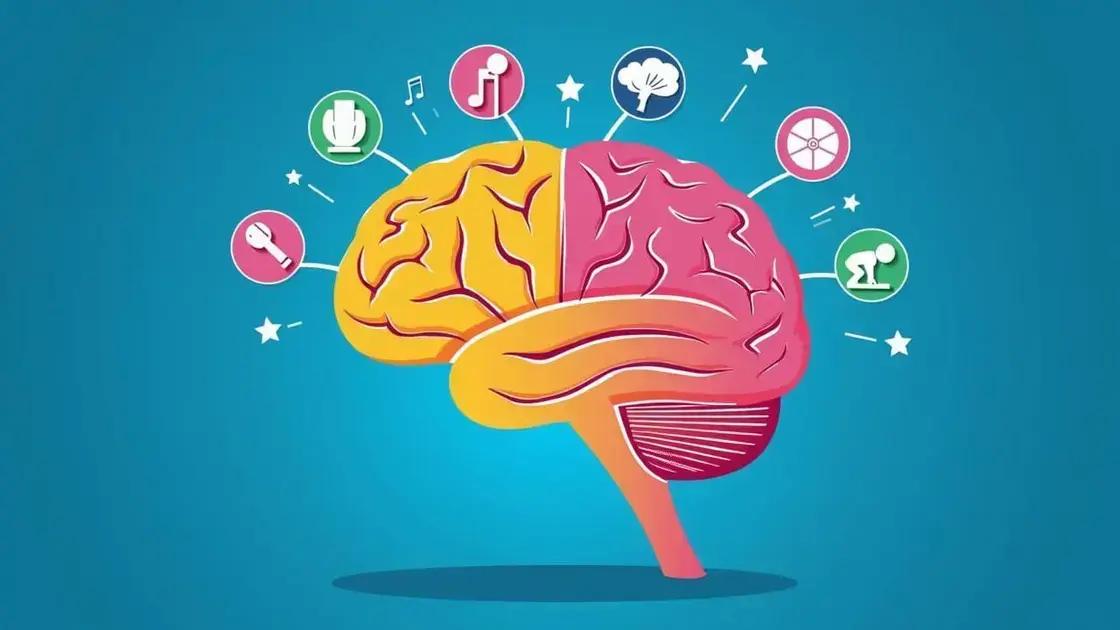
Learning new skills can have a profound impact on brain health. Engaging in challenging activities can stimulate brain cell growth and strengthen existing connections. This process is known as neuroplasticity, where the brain adapts and reorganizes itself by forming new neural connections throughout life.
Benefits of Stimulating the Brain
When you learn a new skill, you push your brain into new territories. This keeps your mind sharp and can delay age-related decline. Studies show that activities like playing chess, mastering a new language, or even picking up a new sport can lead to improved memory, focus, and overall cognitive performance.
Physical Health and the Brain
It’s not just mental activity that’s important. Physical health significantly affects brain health. Regular exercise promotes circulation, delivering oxygen and nutrients to brain cells. This makes learning new skills even more effective when combined with physical activity.
Stress Reduction and Cognitive Function
Engaging in new learning experiences can also be a great way to reduce stress. Lower stress levels can enhance cognitive function, making it easier for your brain to absorb and process new information. The more relaxed you are, the more effectively you can learn.
Social Interaction and Brain Health
Many skills require social interaction, whether it’s joining a class or participating in a group activity. Social engagement is beneficial for brain health as well, reducing feelings of isolation and enhancing emotional well-being. These social activities can foster meaningful connections, which are vital for mental agility.
Top Skills for Enhancing Mental Agility
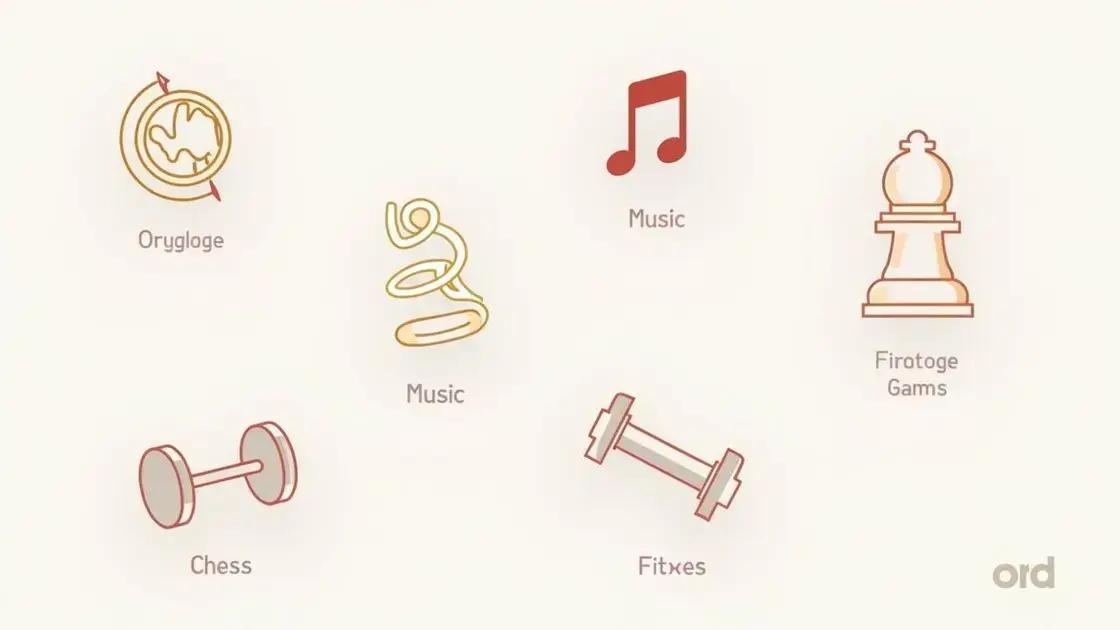
Learning new skills is essential for enhancing mental agility. Here are some of the top skills that can boost your cognitive flexibility:
1. Language Learning
Learning a new language not only expands your communication skills but also enhances brain function. It challenges you to learn new vocabulary and grammar rules, which can improve memory and problem-solving skills.
2. Musical Instrument
Playing an instrument requires coordination, focus, and creativity. This activity engages different parts of the brain, promoting connections and improving overall mental agility. Music training has even been linked to better mathematical skills!
3. Chess and Strategy Games
Engaging in chess and other strategy games boosts analytical thinking. These games help you learn to anticipate your opponent’s moves and think several steps ahead, encouraging flexible problem-solving.
4. Physical Fitness Activities
Incorporating physical fitness, especially activities that require coordination like dance or martial arts, can sharpen focus and improve your brain’s capacity to learn new tasks. The combination of physical and mental challenges promotes overall brain health.
5. Art and Craft
Participating in arts and crafts can encourage creativity and hands-on problem-solving. Activities like painting, drawing, or sculpting require critical thinking and can enhance fine motor skills, positively affecting brain function.
Tips to Get Started with Learning
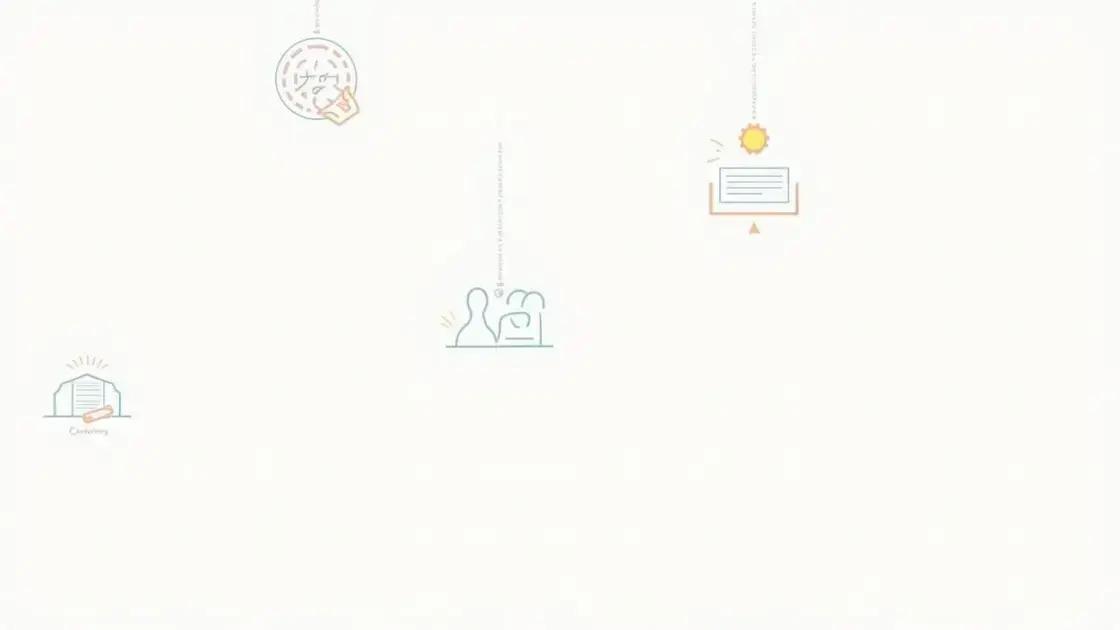
Getting started with learning a new skill can feel overwhelming, but with the right approach, it can be exciting and rewarding. Here are some essential tips to help you begin:
1. Set Clear Goals
Before diving into a new skill, identify what you want to achieve. Whether it’s becoming fluent in a new language or mastering a musical instrument, clear goals can help guide your learning and keep you motivated.
2. Start Small
Don’t try to learn everything at once. Begin with the basics and gradually build your knowledge. This approach can help avoid frustration and make the learning process more enjoyable.
3. Create a Schedule
Consistency is key when learning something new. Setting aside a regular time for practice can create a strong habit. Even 20 to 30 minutes a day can lead to significant progress over time.
4. Use Various Resources
Explore different types of learning materials. Use books, online courses, videos, and apps to find what works best for you. Variety can make learning more engaging and less monotonous.
5. Join a Community
Learning with others can provide support and accountability. Join clubs or online forums related to the skill you’re learning. Connecting with others can also offer new perspectives and tips.
6. Track Your Progress
Keep a record of your achievements. This could be a journal or an app where you note what you’ve learned. Tracking progress not only helps you stay motivated but also shows how far you’ve come.
Embracing Skills for a Sharper Mind
Learning new skills is vital for enhancing mental agility and overall brain health. From language learning to engaging in physical activities, each skill contributes to better cognitive function and adaptability in everyday life.
By following practical tips to get started, you can embark on your learning journey with confidence. Setting clear goals, starting small, and consistently tracking your progress can lead to meaningful improvements in mental agility.
Ultimately, investing time in developing new skills not only enriches your knowledge but also fosters personal growth, making each challenge an opportunity for mental enrichment.
FAQ – Frequently Asked Questions about Learning New Skills for Mental Agility
What are the benefits of learning a new skill for mental agility?
Learning a new skill can enhance cognitive flexibility, improve memory, and boost problem-solving abilities, leading to better overall brain health.
How can I get started with learning a new skill?
Start by setting clear goals and creating a consistent schedule for practice. Begin with small, manageable steps to build confidence.
What skills are recommended for enhancing mental agility?
Top skills include language learning, playing a musical instrument, engaging in strategy games like chess, and participating in physical activities.
How does social interaction help in learning new skills?
Joining a community or group can provide support, accountability, and different perspectives, making the learning process more enjoyable and effective.
Why is tracking progress important when learning?
Tracking progress helps you stay motivated and can show how far you’ve come, reinforcing the benefits of your efforts.
Can learning new skills really prevent cognitive decline?
Yes, engaging in mentally stimulating activities can promote brain health and reduce the risk of age-related cognitive decline.

